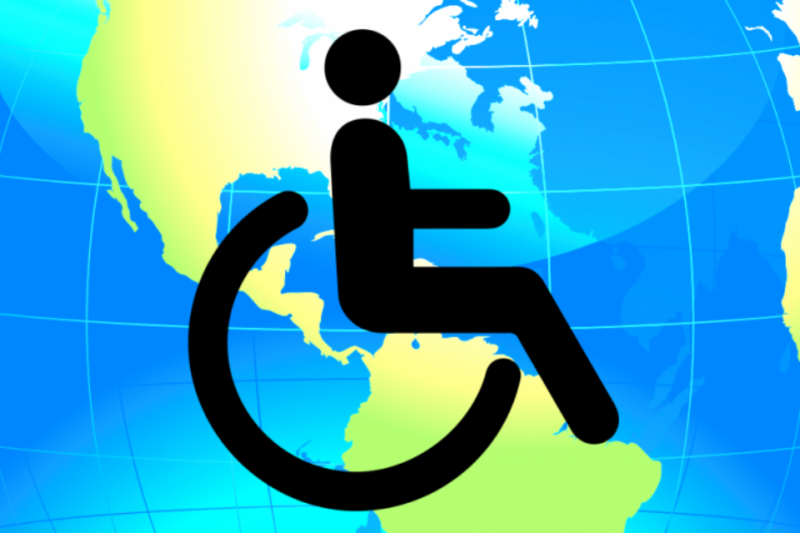
One billion people live with a disability, and most have little or no access to services and supports. A Sept. 29 conference will look at what it will take for the world to catch up.
At a global conference a few years ago, Lauren Franz, M.B., Ch.B., was chatting with a South African government official, who casually asked about her research. When Franz replied that she was working on early intervention for autistic children, the official was dismissive.
“How can we worry about autism when we are a society that is facing a crisis from HIV and TB?” he asked.
Franz, an assistant professor of psychiatry and global health, was taken aback, but not entirely surprised. In countries such as South Africa, where health systems have their hands full keeping deadly epidemic diseases at bay, services for people with developmental disabilities often are relegated to the bottom of a long list of priorities.
Layer on the pervasive stigma attached to disability in many parts of the world, and the reality is stark for the more than one billion people who live with a disability. Eighty percent live in low- and middle-income countries, where services and accommodations are woefully inadequate, if not entirely nonexistent.
“There is a lot of work to do to elevate the profile of this area and put the needs of individuals with disabilities on equal footing.”
— Lauren Franz, M.B., Ch.B.
“There is a lot of work to do to elevate the profile of this area and put the needs of individuals with disabilities on equal footing,” says Franz.
Hoping to call attention to those disparities, Franz and Duke Global Health Institute colleagues Michel Landry, Ph.D., Sumi Ariely, Ph.D., and Susan Emmett, M.D., have organized an online conference on Sept. 29 titled “From Surviving to Thriving: Creating Global Equity in Supports and Services for Childhood Developmental Disability.” Featuring self-advocates from disability groups and researchers, the conference will focus on challenges and research priorities for three specific developmental disabilities: autism spectrum disorder, cerebral palsy and hearing loss.
Read the full article on the Duke Global Health Institute website.